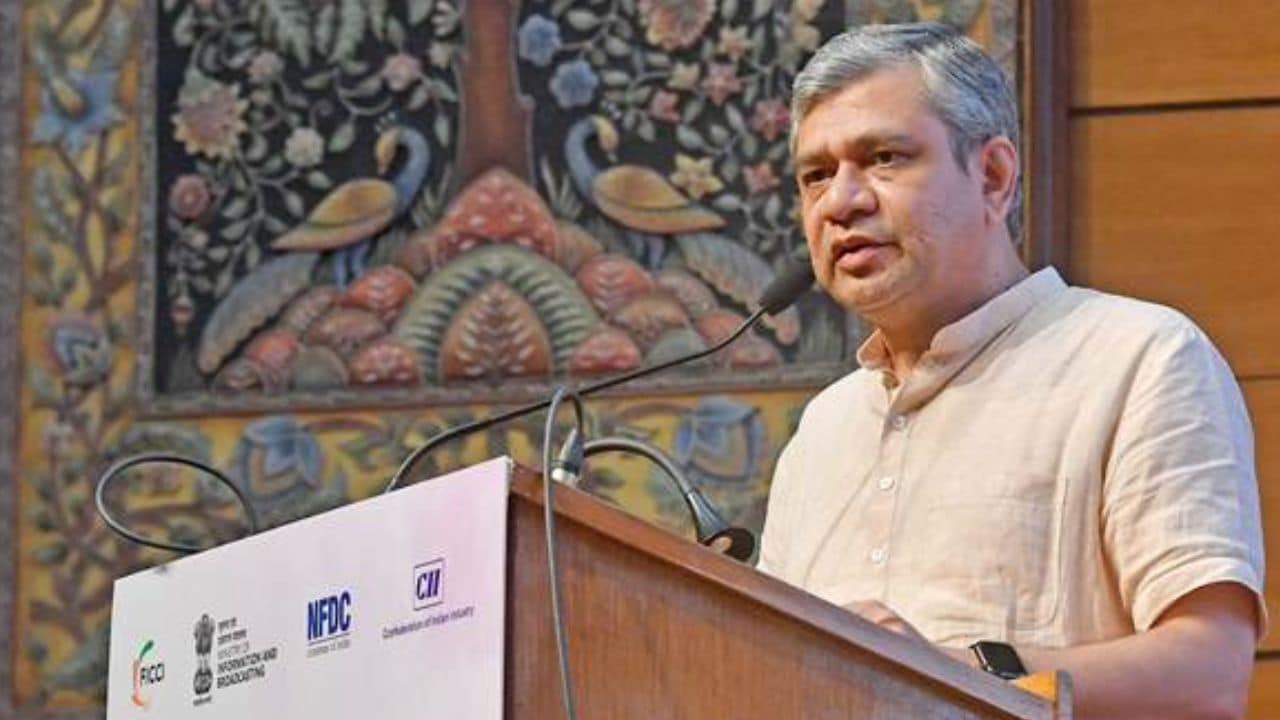Union Minister for Information and Broadcasting Ashwini Vaishnaw emphasised the need for online platforms to fairly compensate traditional media for the content they utilise. Speaking at an event marking National Press Day on Saturday, November 16, Vaishnaw observed that traditional media outlets are facing financial difficulties due to the shift of news consumption from conventional sources to digital platforms.
He explained, “While the investment that goes behind creating a team of journalists, training them, having editorial processes and methods to check the veracity of news, and taking responsibility for the content is huge both in terms of time and money, they are becoming irrelevant since these platforms are having a very unequal edge in terms of bargaining power vis-a-vis conventional media.” He stated, “The efforts made by the conventional media in creating content must be suitably compensated.”
Vaishnaw also raised concerns about the rapid spread of fake news and misinformation, which he described as a significant threat to both media credibility and democracy. He pointed out that platforms, which do not verify the content they host, have become breeding grounds for false information. “Who will take the responsibility for the content published on these platforms?” he questioned.
Vaishnaw also suggested revisiting the “safe harbour” provision, which shields intermediaries from liability for third-party content. He also touched upon the impact of artificial intelligence on intellectual property rights, which he described as another significant challenge.
